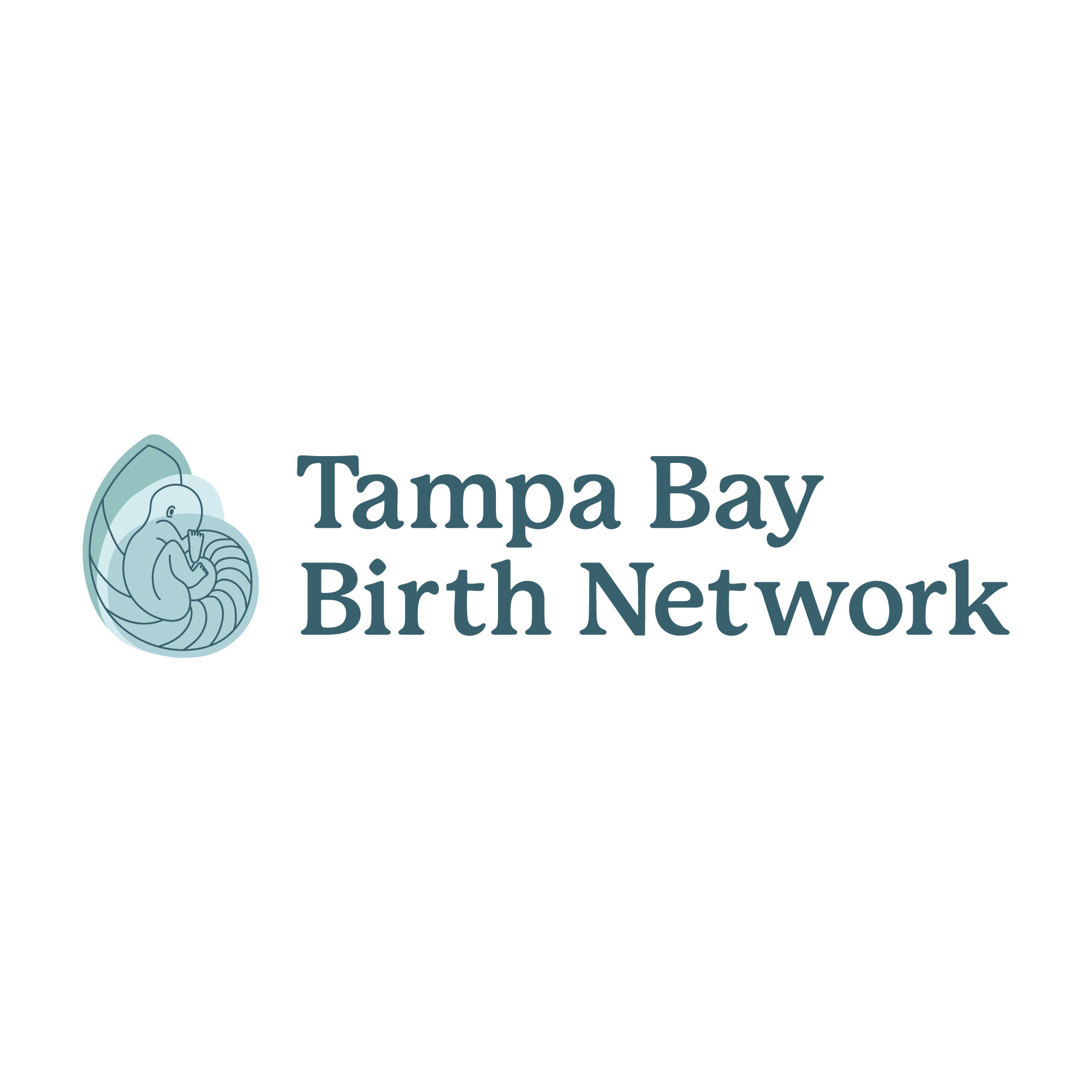Black Maternal Health week- Black Mamas Matter
Why is Black Maternal Health week so important?
Black Maternal Health Week (BMHW) was created to highlight the maternal and infant health disparities between the Black community vs other communities. The United States is one of only thirteen countries in the world where the rate of maternal mortality is now worse than it was 25 years ago. Black birthing people are 3-4 more times likely to suffer preterm labor and pregnancy complications, and twice as likely to die than white birthing people. Currently there is no confirmed research as to why this is, but there are many theories.
Black Maternal Health week history
The first ever Black Maternal Health Caucus was launched in 2019 by Reps. Lauren Underwood and Alma Adams, and Black Mamas Matter Alliance (BMMA). It took place during the second annual BMHW. The goal was to take bold action to significantly improve outcomes and save Black lives. The BMMA and others celebrated the launch with an informative briefing educating congressional staff and advocates on the importance of centering Black women’s voices, experiences, and leadership to improve Black maternal health outcomes. Senator Kamala Harris and Rep. Alma Adams introduced a resolution to designate April 11-17 as Black Maternal Health Week. As one of the Senate leaders to press for action on the Black maternal health crisis Sen. Harris introduced the Maternal Care Access and Reducing Emergencies (CARE) Act. The bill would reduce racial disparities in maternal mortality by addressing the implicit bias and discrimination Black women experience while engaging with the health care system.
Learn more
To learn more about Black Maternal Health Week or become a sponsor as well as download the week’s toolkit, check out the Black Mamas Matter Alliance (BMMA) for more information.
Previous TBBN BMH events
Last year, we hosted an amazing in person event titled- Voices of St Pete where we were able to learn more about black women’s birth experiences, why this mission is important and what we as birth workers and individuals can do to improve the experiences and lower the mortality rates of women of color. You can see more about this event here, it is something we hope to bring back next year. Additionally, University Of South Florida students volunteered with us and developed an amazing video which highlights the history, professional viewpoints as well as the experiences of black women who are located here in Tampa, you can access this video here.
We hope you take part of this year’s BMHW (there are many virtual events throughout our communities and social media) as well as ways for you to contribute. Feel free to visit one of the links we provided above or message us for more details on how to get involved.
Learn more about the author- Roxane Bogalis here.

